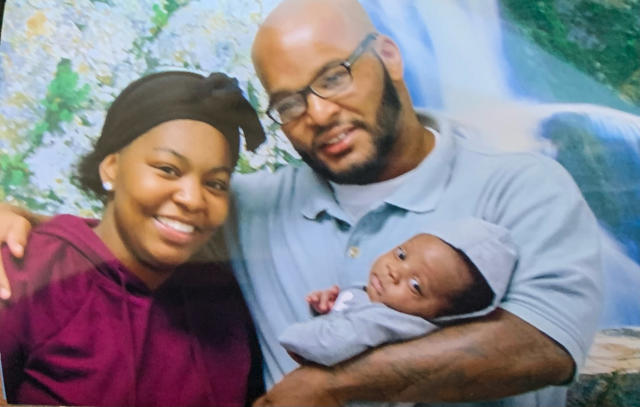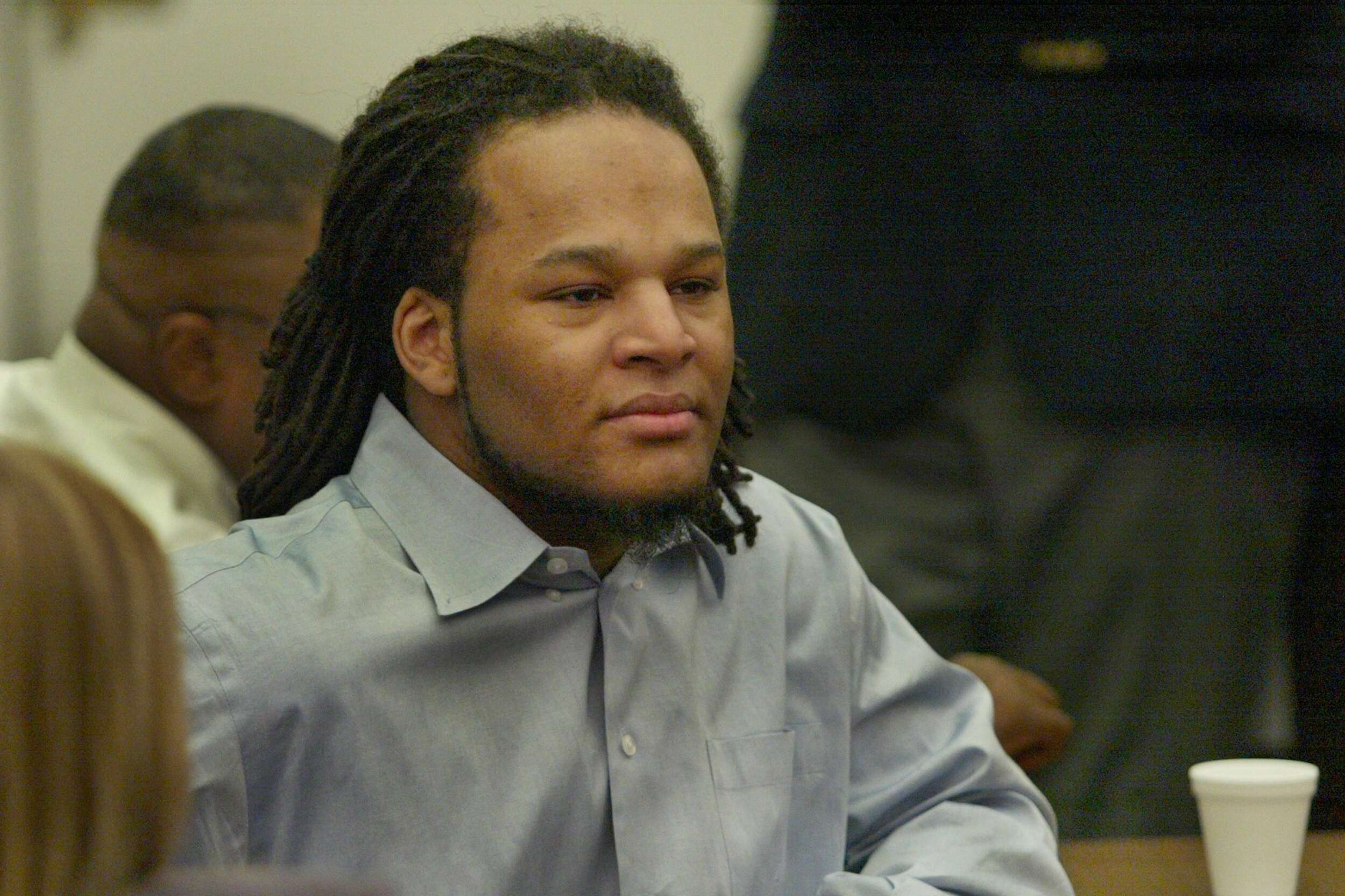
Officials announced the execution of a Missouri prisoner who had been convicted of ambushing and killing a police officer in the St. Louis region whom he had accused of being responsible for the death of his younger brother.
In Bonne Terre‘s state jail, 37-year-old Kevin Johnson was executed by lethal injection. Johnson was put to death at 7:40 p.m. after the execution started, according to Karen Pojmann, a representative for the Missouri Department of Corrections.
She claimed that Johnson omitted to make a closing speech. He turned down one last supper.
Johnson has acknowledged killing Kirkwood Police Sgt. William McEntee in 2005 by shooting him. Back then, Johnson was 19 years old.
A special prosecutor assigned by the court, Edward Keenan, had asked for his death sentence to be overturned. Johnson’s trial was “infested” with racist prosecution strategies, according to Keenan, who asserted this in an appeal to the Missouri Supreme Court, and racial discrimination contributed to Johnson being given the death penalty.
“Make no mistake about it, Missouri capitally prosecuted, sentenced to death, and killed Kevin because he is Black.” according to Shawn Nolan, one of Johnson’s attorneys.
Johnson was put to death after the US Supreme Court turned down a stay request on Tuesday night. According to court records, Justices Sonia Sotomayor and Ketanji Brown Jackson would have approved it.
Late on Monday, the Missouri Supreme Court declined to delay the execution. Republican governor Mike Parson, a former county sheriff, declared he would not exempt Johnson.
Johnson’s claims were examined by state and federal courts, and “no court reversed his conviction or sentence,” Parson claimed in a statement delivered by the director of the Corrections Department during the execution on Tuesday.
He said, “We hope that this will bring some closure to Sgt. McEntee’s loved ones, who continue to languish without him,”
The dead officer was “ambushed and shot five times in his police car.” according to Mary McEntee, the victim’s widow, on July 5, 2005.

“During this process, many have forgotten Bill was the victim,” Mary McEntee said Tuesday night. “We miss Bill every day of our lives.”
Police were looking for Johnson, who was on probation for abusing his girlfriend, on July 5, 2005. Police thought he had broken his probation. One of the officers sent to Johnson’s house was McEntee.
The 12-year-old Johnson’s brother, who was born with a congenital heart defect, ran over to his grandmother’s home and had a seizure there. He died at the hospital. Johnson testified at trial that McEntee kept his mother from entering the house to aid his brother. Johnson claims that when he returned to his area for a separate call regarding a fireworks incident that same evening, he ran across McEntee. Prosecutors claim that Johnson shot McEntee several times before escaping. Three days later, he turned himself in.
The state Supreme Court was informed by Keenan, the special prosecutor, that during the tenure of former St. Louis County Prosecutor Bob McCulloch, five cases involving defendants accused of killing police officers were handled by his office. The lawsuit stated that McCulloch sought the death penalty against all four Black suspects but did not do so in the one case involving a White defendant.
“The trial prosecuting attorney invited only the white defendant to submit mitigating circumstances for consideration before the prosecutor decided whether to seek the death penalty and, thereafter, the prosecutor did not seek the death penalty against the white defendant,” Keenan said, according to a separate court filing. “No similar invitations to submit mitigating evidence were extended to any of the four black defendants.”
There are no “legitimate case characteristics that can plausibly explain the disparate treatment.” according to the application for a stay.
Keenan also claimed in a filing that McCulloch expressed “a particular animosity towards young Black males like Mr Johnson, viewing them as a population that ‘we had to deal with,’ and portraying them as stereotypical criminals.” in statements he made to other prosecutors.
McCulloch could not be reached for comment right away.
Khorry Ramey, Johnson’s 19-year-old daughter, wanted to see the execution, but state law forbids anybody under 21 from doing so. A judge ruled on Friday that a state law prohibiting her from attending her father’s execution because of her age was constitutional. The American Civil Liberties Union filed a lawsuit last week asking a federal court to grant her permission to attend her father’s execution.
According to Pojmann, the spokesman for the Corrections Department, Ramey did meet with Johnson on Tuesday morning. She claimed that there were four witnesses for Johnson present at the execution.
McEntee’s widow spoke to the media Tuesday night following his execution. He had three children, ages 7, 10, and 13, at the time of his death.
“They didn’t have a chance to say goodbye,” Mary McEntee continued. “It took 17 years of grieving and pushing forward to get to this point today. This is something I hope no other family has to go through.”
